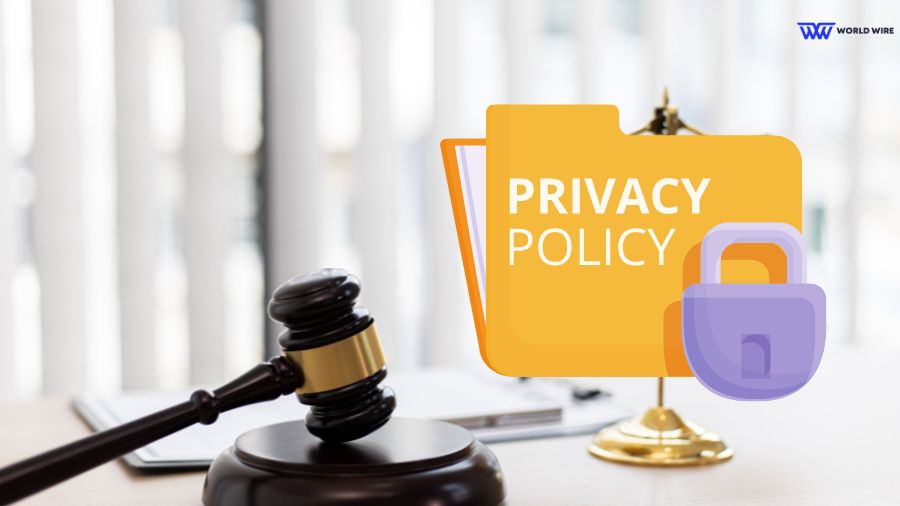On April 7, in Washington, a groundbreaking development emerged as two pivotal U.S. lawmakers reached a consensus on a draft for bipartisan data privacy legislation.
This legislative effort, led by Democratic Senator Maria Cantwell and Republican Representative Cathy McMorris Rodgers, seeks to limit tech giants’ data collection and give Americans greater control over their personal information.
The chairs of the Commerce Committee and the House Energy and Commerce Committee, respectively, have proposed a new bill. The bill aims to create a strong system for individual privacy rights.
It highlights the importance of clear and transparent use of personal data and mandates comprehensive disclosure when data is transferred to foreign entities, particularly those considered adversarial.
This legislative initiative surfaces amid longstanding debates concerning online privacy protections, debates that have persisted since 2019.
The discussions have been particularly focused on the data practices of leading social media companies such as Meta Platforms’ Facebook, Alphabet’s Google, and ByteDance’s TikTok. Despite the urgent public concern, a consensus on the matter has remained elusive until now.
In a statement revealing their collaboration, the lawmakers articulated, “This bipartisan, bicameral draft legislation is the best opportunity we’ve had in decades to establish a national data privacy and security standard that gives people the right to control their personal information.”
They further elaborated on the bill’s provisions, which include “robust enforcement mechanisms to hold violators accountable,” notably granting individuals the right to “sue bad actors who violate their privacy rights – and recover money for damages when they’ve been harmed.”
The bill notably does not prohibit targeted advertising. Still, it introduces an opt-out mechanism for consumers, thereby balancing business interests with consumer rights.

The proposal suggests creating a new bureau within the Federal Trade Commission (FTC) that will solely focus on privacy concerns. This will give the FTC the authority to impose penalties for privacy violations.
Furthermore, this initiative will expand regulatory oversight to telecommunications companies, which is a significant development in privacy enforcement.
Reflecting on the bill’s comprehensive approach, the lawmakers added, “The measure would allow people to opt out of data processing if a company changes its privacy policy. It requires affirmative express consent before sensitive data can be transferred to a third party.”
They also emphasized the bill’s commitment to non-discrimination and algorithmic transparency, stating, “The bill would require annual reviews of algorithms to ensure they do not put individuals, including our youth, at risk of harm, including discrimination.”
Historically, tech giants like Facebook, TikTok, and Google have faced legal and regulatory challenges over privacy concerns, resulting in substantial fines and settlements.
Notably, Facebook consented to a record-breaking $5 billion fine in 2019 to settle a Federal Trade Commission (FTC) inquiry into its privacy practices, spotlighting the significant repercussions for privacy oversights.
Similarly, in 2021, ByteDance reached a $92 million class-action settlement over data privacy claims from some U.S. TikTok users, further emphasizing the critical need for stringent data governance.
Moreover, Google and its YouTube unit resolved allegations of collecting personal information about children with a $170 million settlement in 2019, underscoring the urgency of protecting young digital users.
These precedents underscore the urgent need for a cohesive national framework governing data privacy and security.
The collaborative draft represents a pivotal step toward reconciling the complex interplay between technological innovation, personal privacy, and public security.
By advocating for a national standard, the proposed legislation not only seeks to safeguard individual rights but also to foster a more ethical and accountable digital ecosystem.
As this legislative journey progresses, it foreshadows a new era of digital rights, where protecting personal information is crucial, and tech companies’ accountability is not just expected but legally enforced.
This bipartisan initiative thus stands as a testament to the possibility of meaningful reform in an age dominated by digital advancements, setting a precedent for future legislative efforts in data privacy and security.







Add Comment